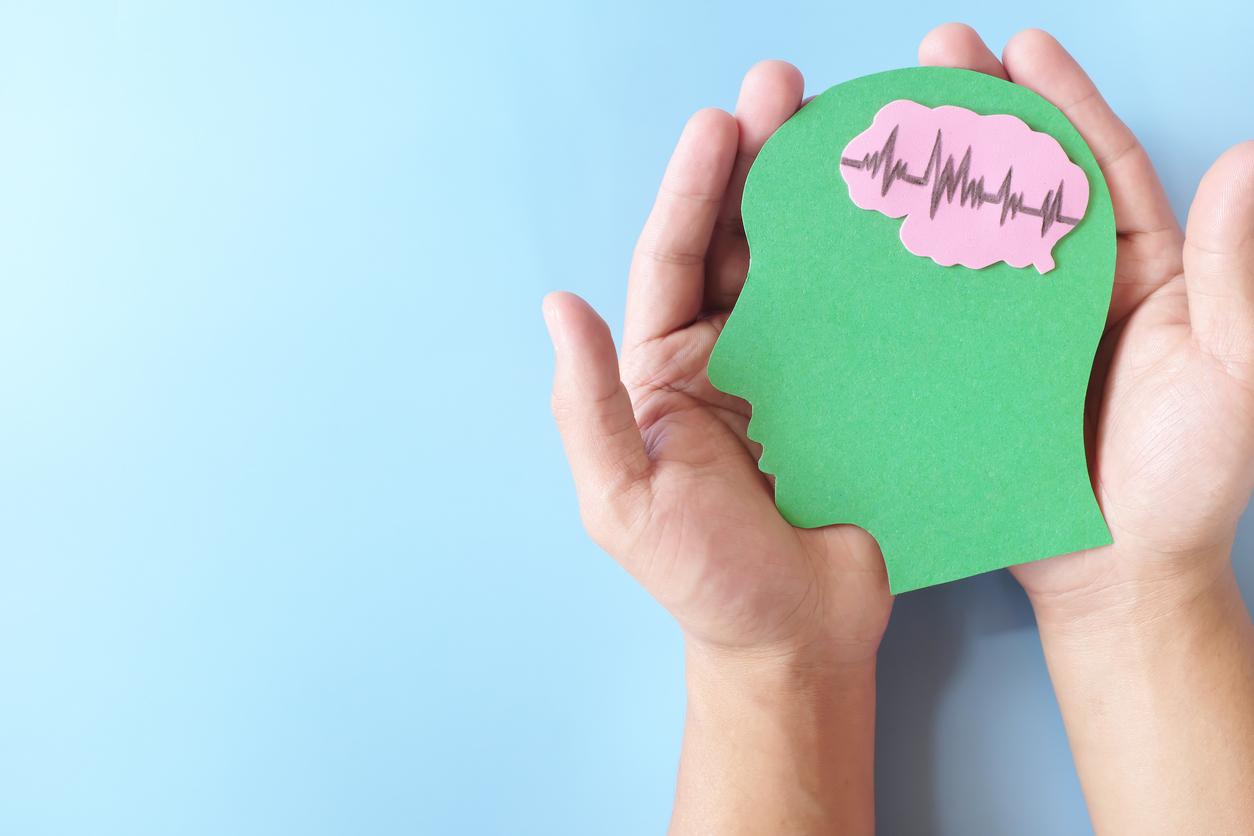Having money is a way to access happiness, even if it is not an end in itself. The fact of being rich makes it possible to override everyday problems to focus on what really represents happiness.
-1611149504.jpg)
- Money brings happiness because it allows you to free yourself from certain annoyances of daily life.
- Happiness is not proportional to the amount of money we have.
Let’s put things in perspective: contrary to the adage, money brings happiness. This is the conclusion reached by researchers at the University of Pennsylvania (USA). According to them, money directly influences our level of happiness, and there is no maximum amount to stop this joy. The results of the study were published in Proceedings of the National Academy of Sciences.
To reach this conclusion, the researchers collected the 1.7 million pieces of data from 33,000 participants between the ages of 18 and 65. In most previous studies linking happiness and money, the experimenters focused primarily on evaluative well-being, which encompasses overall life satisfaction. Here, the researchers focused their study on evaluative well-being as well as experienced well-being, which indicates how people are feeling in the moment.
The lightness of spirit granted by wealth
Using a specialized app developed for the study, called Track Your Happiness, participants were able to log their well-being several times a day. Among the questions that were asked, the researchers tried to find out how people felt at the time, with a scale ranging from “very bad” to “very good”. Additionally, at least once during the process, participants also responded to the question “Overall, how satisfied are you with your life” on a scale ranging from “not at all” to “extremely ”, in order to measure evaluative well-being.
To refine the results, the well-being assessed was divided into 12 specific feelings with five positive (confident, good, inspired, interested and proud) and seven negative (fear, anger, bad, boredom, sadness, stress and annoyance). “This process provided repeated snapshots of people’s lives, which collectively gives us a composite image, a stop-motion film of their lives.says Matthew Killingsworth, a professor at the University of Pennsylvania, specializing in human happiness and lead author of the study. Scientists often talk about trying to get a representative sample of the population. Me, I was trying to get a representative sample of the moments in people’s lives.”
The average level of well-being for each participant was calculated and then analyzed according to their income. The goal here was to see if the conclusion of a 2010 study on the subject was still relevant, namely that the link between money and happiness stopped when the annual income per household reached $75,000.. “It’s a compelling possibility, the idea that money doesn’t matter beyond that point, at least for how people actually feel from moment to moment, Matthew Killingsworth analysis. But when I looked at a wide range of income levels, I found that all forms of well-being continued to rise with income. I don’t see any sort of bend in the curve, an inflection point where money ceases to matter. Instead, it continues to increase.”
Money is not an end in itself
So instead of every dollar being equally important to every person, every dollar starts to matter less to people with higher incomes. “We would expect two people earning $25,000 and $50,000 respectively to have the same difference in well-being as two people earning $100,000 and $200,000 respectively. In other words, proportional differences in income matter equally to everyone.” Yet that’s not the case: It turns out that people who earn more money are happier, in part, due to an increased sense of control over life. Having a financial base allows you to cut yourself off from everyday concerns that can get in the way. As the amount of money becomes substantial, so does the sense of control over life and autonomy.
However, it would be simplistic to think that having money makes you happy, because money brings other constraints that people who do not have it do not have. “Although money can be good for happiness, I’ve found that people who equate money with success are less happy than those who don’t.emphasizes Matthew Killingsworth. I also found that people who made more money worked longer and felt more time pressured.” In reality, if money makes it possible to approach the definition of happiness, there remains only one way to access it, and income is only a modest determinant. In short, to return to the adage of the introduction, money does not bring happiness, but it contributes to it.
.

















